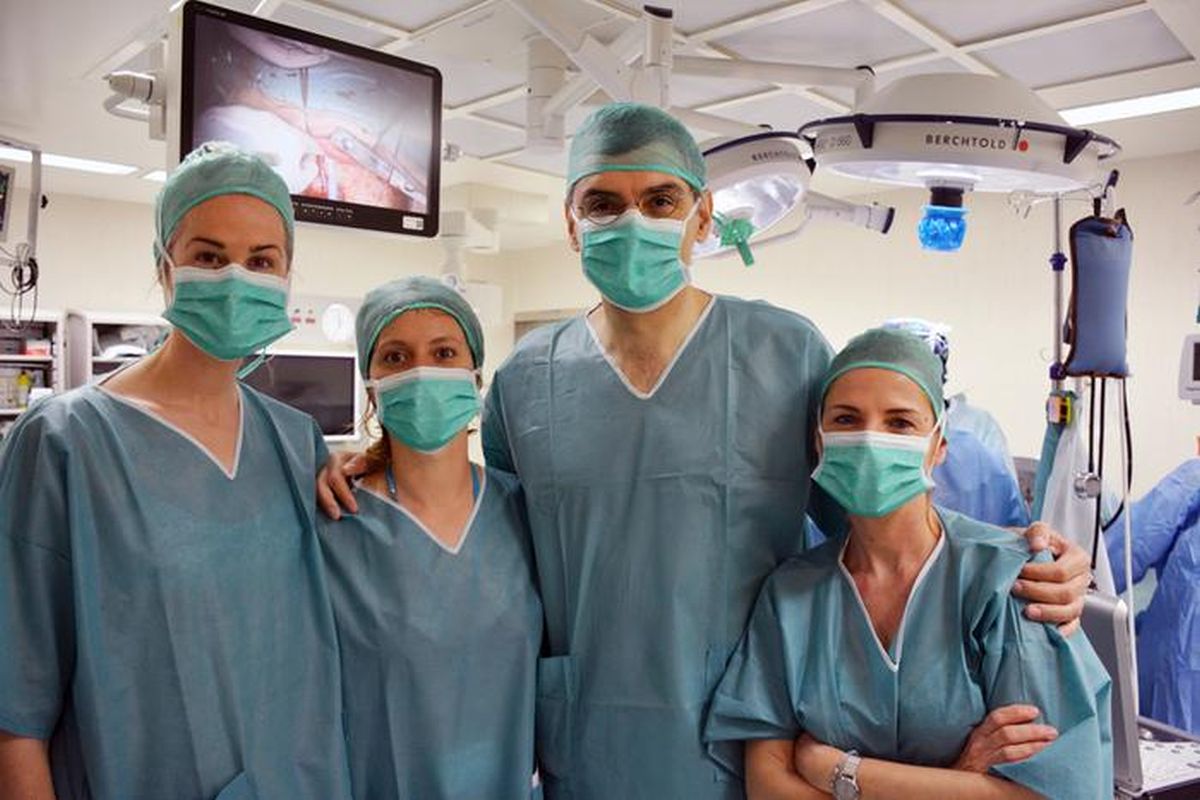A biograft based on donor umbilical cord and pericardial stem cells was placed in a clinical trial in patients who had suffered a myocardial infarction and gave highly promising results in regenerating their damaged heart tissues.
“Repairing” scar tissue
The innovative treatment that is the “child” of the “marriage” of stem cells and tissue engineering is called PeriCord. It is used in patients undergoing coronary artery bypass grafting to “repair” the scar tissue that forms in the area of the heart that has suffered a heart attack.
The first application and clinical trial
The first application of the treatment, which, according to its creators, is the first of its kind worldwide, took place about four years ago and was made possible through the collaboration of the ICREC Heart Failure and Heart Regeneration Research Institute group Germans Trias i Pujol (IGTP) and Banc de Sang i Teixits (BST) in Catalonia. As that first attempt was crowned with success, a clinical trial followed to prove the clinical safety of the procedure. The trial included 12 patients, seven of whom received the bioimplant while the rest did not, so that their outcome could be compared.
As stated by Dr. Anthony Bayes, researcher of the ICREC group and first author of a relevant study published in the scientific journal EBioMedicine “our pioneering clinical trial in humans came after many years of research in tissue engineering, offering an innovative and promising treatment for patients with scarred heart tissue after a heart attack’.
And for other inflammatory pathologies
Although at this stage the clinical trial aimed to prove the safety of the treatment, its significant benefits for patients were also seen. It turned out that the implant was completely biocompatible, with no risk of rejection by the body.
In addition, PeriCord appeared to possess significant anti-inflammatory properties, which, according to the researchers, paves the way for its wider use in other pathologies in which inflammation is involved. “Its potential can be much wider. We believe that it can be a valuable tool that will modify inflammatory processes” noted Dr. Sergi Carroll, head of the Cell Advanced Therapies Service at BST.
The “ingredients” of the bioimplant
PeriCord consists of a membrane derived from the donor pericardium from which BST scientists remove the cells. They then “coat” the membrane with umbilical cord mesenchymal stem cells taken at the time of the babies’ birth. In the operating room, during bypass surgery, surgeons place the bioimplant in the affected area of the patient’s heart.
A year later, as the clinical trial showed, the implant has fully integrated into the heart, “repairing” the scar that had caused the heart attack. “Thanks to the donation of umbilical cord and pericardial cells we can provide a new therapeutic tool that improves the quality of life of heart attack patients” concluded Dr. Carroll.
#Umbilical #cord #bioimplant #saves #heart #attack


